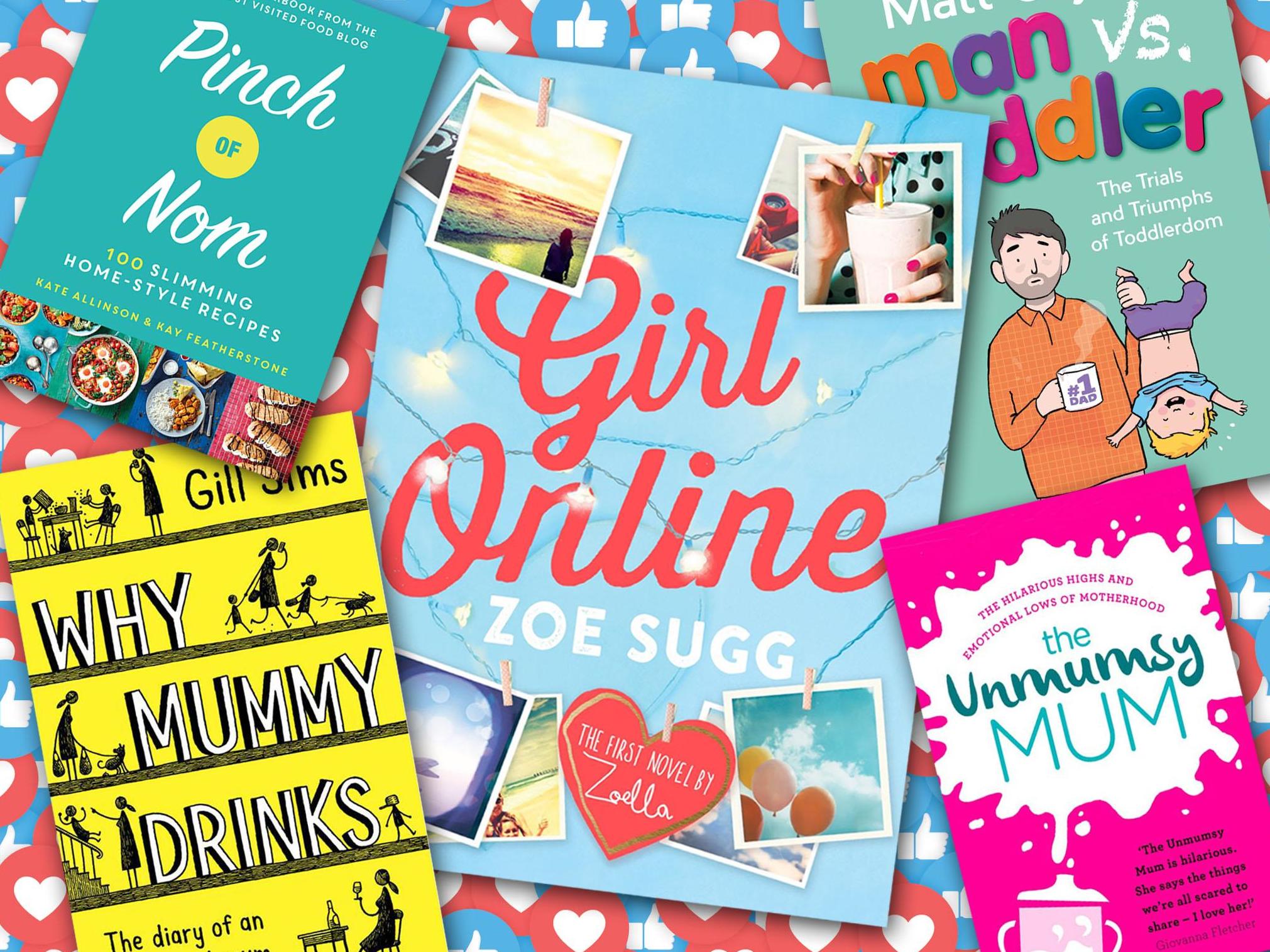Do you need social media followers to get a book deal?
Authors are finding that an online audience is a new box they need to tick at the publisher’s office, reports Rachael Revesz

They say everyone has a book inside of them. But does everyone have what it takes to get a book deal? Besides a great idea, you arguably need talent, time and dedication to tip yourself over the line from aspiring writer to published author. In 2019, you may also need a social media following. Take Pinch of Nom, a cookbook by Kay Featherstone and Kate Allinson, which sold more than 210,000 copies in three days.
Even before the book hit the shelves, Pinch of Nom was the UK’s most read cooking blog. Another major factor contributing to the duo’s potential was their strong Facebook group following of more than 800,000 people, a very engaged and responsive community which shared recipes and slimming tips, not counting the 1.4 million people who like their public Facebook page. These numbers are all the more impressive given the authors didn’t launch the Facebook group until 2016.
The arguable starting point for social media-fuelled book deals started with YouTube. A few years ago, many of the popular vloggers won deals. Zoella, aka Zoe Sugg, published her first novel at age 24 with Penguin in 2014. Her first week sales numbers outstripped Harry Potter and Fifty Shades of Grey (Sugg later admitted the book was ghost written). But by 2017, publishers were complaining the YouTube market was saturated, and were sometimes seeing disappointing UK e-book sales and waning interest from certain foreign markets.
Anna Steadman, a senior commissioning editor at a publisher called Headline, described this phenomenon as the “YouTube gold rush”. She added that publishers now take a more nuanced view of the different social media platforms and how that might affect book sales. “People can have 250,000 followers on Instagram, for example, but that doesn’t always translate into sales,” she said. “Instagram can be quite a passive medium, where people are mainly looking at pictures, while a smaller Twitter or Facebook following, for example, can sometimes be more engaged.”
Subscribe to Independent Premium to bookmark this article
Want to bookmark your favourite articles and stories to read or reference later? Start your Independent Premium subscription today.
Join our commenting forum
Join thought-provoking conversations, follow other Independent readers and see their replies